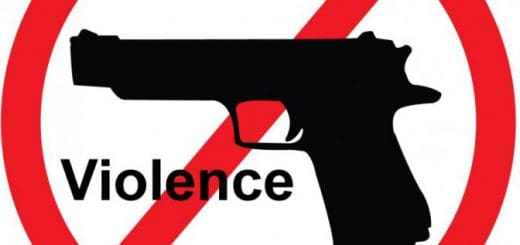Using social media to Diagnose Depression
Often, we hear about the damage that social media is having on our mental health, from isolating ourselves to avoiding face-to-face human interaction to experiencing FOMO. This study however, tried to see how social media wasn’t affecting mental health, but instead how it can help diagnose mental illnesses, specifically with depression.
The study reviewed the Facebook statuses of 683 people who consented to have their profiles analyzed. Of those, 114 had been diagnosed with depression, so for each person who had been diagnosed, there were 5 others being compared to them who were not. The researchers used a time frame based around the months leading up to depressed person’s diagnosis, resulting in a total of analyzing over half a million Facebook statuses!
What did the researchers discover? By organizing those statuses and ensuing conversations into categories, they found patterns of supposed depression-associated “language markers.” These are words and phrases that had more negative emotional connotations, including sadness, hostility, and loneliness. Those who used these also were more likely to use first person pronouns like “I” and “me” more often too.

Through these “language markers,” the researchers discovered that they were able to predict the depressed individual’s diagnosis with significant accuracy. This was especially true in the three to six months before the diagnosis. To the researchers, these statuses included words that overlapped with those often found in medical screening surveys for depression, implying that it can be adapted in a way so diagnosis can be done electronically.
The ability to screen for depression by using social media is also important because it allows for those who are vulnerable a more accessible opportunity to get diagnosed. For example, it can be difficult for a primary care provider to screen for it in a brief session. Also, by having the statuses and information already there can make it easier for those who are hesitant to reach out to submit it instead of speaking up if they’re uncomfortable.
The article makes sure to reiterate that the study had the participants consent to submitting their statuses for analysis and that they did not use data provided by Facebook. This should also hold true for potential future diagnosing. Between having mental health be a very personal issue and being in a time where social media companies have notoriously been selling data, it’s important that the choice ultimately lies with the individual in question.
Do you think that social media is a good indicator to tell when someone is at risk of a mental illness? Do you think that it’s a good idea for people to submit their profiles if they want to get screened for depression?




Recent Comments